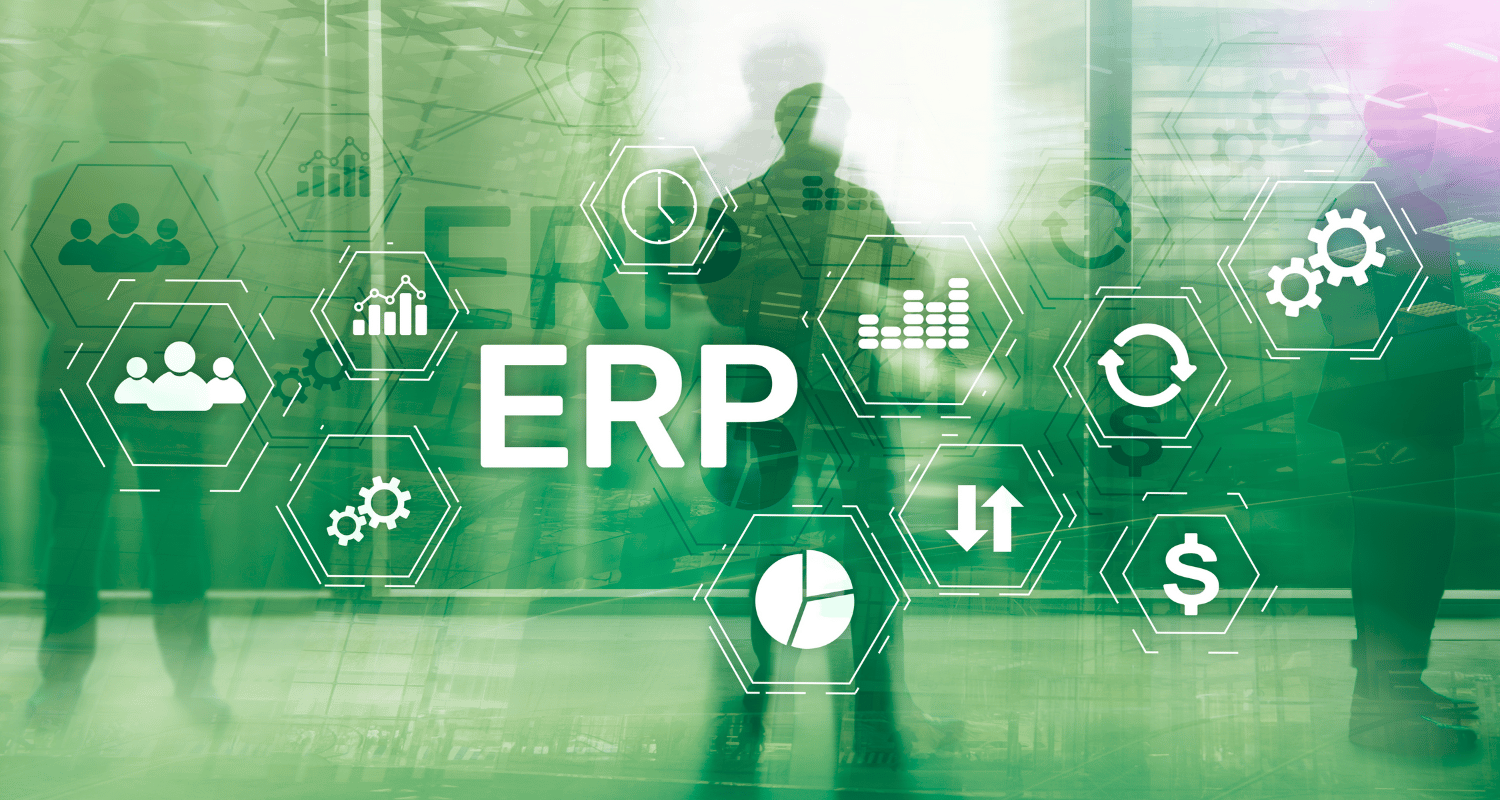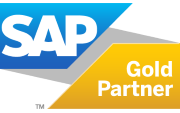In the dynamic landscape of modern business, organisations are constantly seeking ways to streamline their operations, enhance efficiency, and gain a competitive edge. Enterprise Resource Planning (ERP) systems have emerged as a crucial tool for achieving these objectives. An ERP system is a comprehensive software solution that integrates various business processes and functions across an organisation into a unified platform. This article explores the key differentiations that make ERP systems indispensable for businesses of all sizes.

Centralised Data Management
One of the fundamental differentiations of ERP systems lies in their ability to centralise data management. In traditional setups, different departments often operate with disparate systems, leading to data silos and inefficiencies. ERP systems, on the other hand, provide a unified database where all relevant information is stored. This centralised approach enables seamless communication and collaboration between different departments, leading to better decision-making and improved overall productivity.
Cross-Functional Integration
ERPs go beyond simply managing data; they facilitate cross-functional integration by connecting various business processes. Modules within an ERP system, such as finance, human resources, supply chain, and customer relationship management, are interconnected. This integration allows real-time sharing of information and automates workflows across different departments. For example, when a customer places an order, the ERP system automatically updates inventory levels, triggers production schedules, and generates financial transactions.
Scalability and Flexibility
The scalability and flexibility of ERP systems distinguish them as adaptable solutions for businesses of varying sizes. As organisations grow, their operational needs evolve. ERP systems can be scaled up to accommodate increased data volume, user requirements, and additional functionalities. Additionally, these systems offer customisation options, allowing businesses to tailor the ERP solution to meet their specific industry and organisational needs.
Enhanced Reporting and Analytics
Effective decision-making relies on accurate and timely information. ERP systems include robust reporting and analytics tools that empower users to generate comprehensive insights from the centralised data repository. Business intelligence features enable organisations to monitor key performance indicators, track trends, and forecast future performance. This data-driven approach supports strategic planning and aids in identifying areas for improvement.
Regulatory Compliance
In today’s complex business environment, adherence to regulatory standards and compliance requirements is non-negotiable. ERP systems often come equipped with features designed to ensure compliance with industry-specific regulations. By automating processes related to reporting, documentation, and audit trails, ERP systems help organisations mitigate the risk of non-compliance and legal repercussions.
In the landscape of ERP systems, SAP S/4HANA and SAP Business ByDesign shine as exemplars of innovation and functionality. Their embodiment of key ERP differentiations, coupled with specialised features, positions them as strategic assets for businesses seeking efficiency, adaptability, and compliance. As organisations embark on the journey of digital transformation, SAP’s ERP solutions emerge not only as essential tools but as catalysts for sustainable growth and success in the competitive business arena.
Contact Sileron for an assessment of the benefits of ERP for your company.





